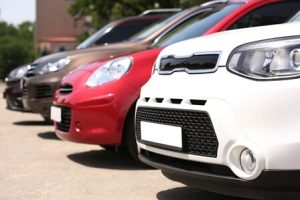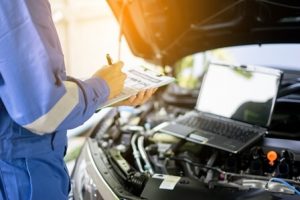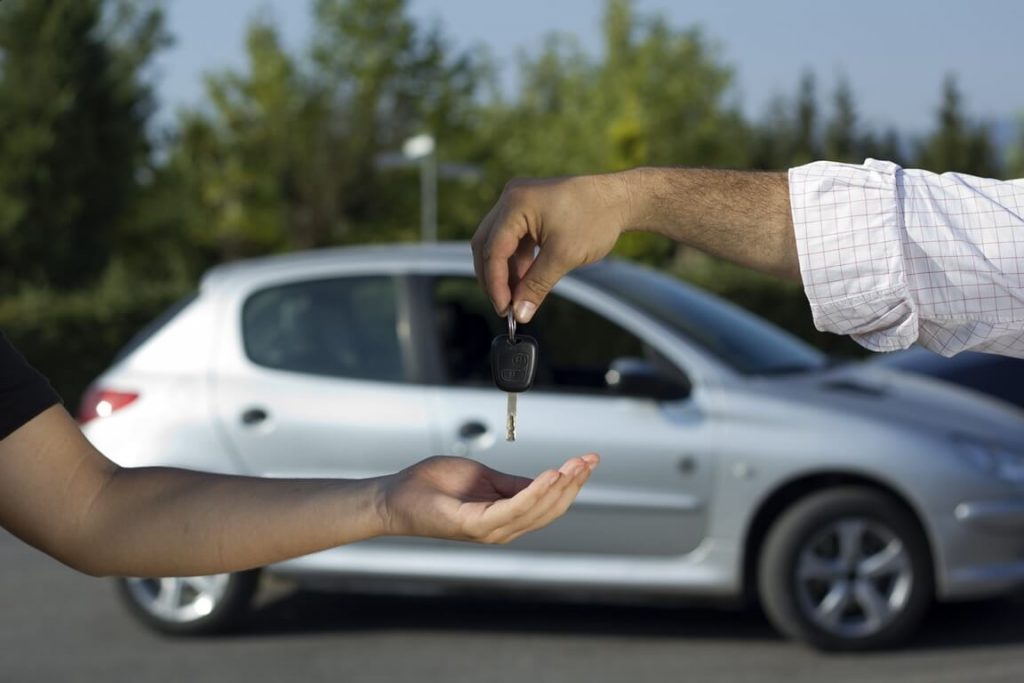The price of a new car these days is enough to make anyone’s knees feel weak. Add to this the rapid depreciation of value and it’s easy to see why so many people opt for used vehicles instead. Used, pre-owned, or previously loved, no matter how you put it, these vehicles have all been driven and possibly put through their paces. From a buyers perspective, it is essential that you keep the following checklist in mind before you sign a deal.
Physical inspection
 Check the car inside and out. As you take a walk around the vehicle, don’t be afraid to kneel down and look at the way the panels of the vehicle side, front, rear are aligned. Check for dents, rust or any other signs of damage. Inspect the upholstery and trim with care. If there are seat covers, ask the owner to show you what’s hiding underneath. If possible, take a peek underneath the car. Again, look for any signs of damage or rust. Your inspection is best done during the day. At night you can easily miss a lot.
Check the car inside and out. As you take a walk around the vehicle, don’t be afraid to kneel down and look at the way the panels of the vehicle side, front, rear are aligned. Check for dents, rust or any other signs of damage. Inspect the upholstery and trim with care. If there are seat covers, ask the owner to show you what’s hiding underneath. If possible, take a peek underneath the car. Again, look for any signs of damage or rust. Your inspection is best done during the day. At night you can easily miss a lot.
Test drive
You can test a new car before buying so why not test a used one? It’s important that you feel how the car handles and take note of every little detail. Do yourself a favour and don’t drive with the radio on. Try to encourage silence so that you can hear the motor, listen to the gears shift, and pay special attention when taking a corner. You should not only take gentle corners either; try turning the car around completely (this is best done in an empty parking lot) and listen for sounds like knocking noises. A quick trip on a highway will also help you determine how the car handles at higher speeds and if any rattles or vibrations develop. Test all of the electronic and electrical features too.
Leak test
A leak test is done when you park the car in a clear area of a road or a clean parking bay and allow it to run for at least 30 seconds. Move the car and exit it to inspect the area for any fresh fluids that could be leaking from the vehicle. Remember, if the car has an air conditioner and you are using it, it could be condensation that dropped on the ground. Green fluid can indicate an anti-freeze leak while black fluid is usually oil. Any leaks of this nature are a red flag.
Consider a mechanic
 You can always have your trusted mechanic perform mechanical tests for you. Most cars can be connected to diagnostic machines and you can have the car placed up on a lift to get a good look underneath. A mechanic’s trained eye can save you a lot of money and grief.
You can always have your trusted mechanic perform mechanical tests for you. Most cars can be connected to diagnostic machines and you can have the car placed up on a lift to get a good look underneath. A mechanic’s trained eye can save you a lot of money and grief.
Know the make and model
Know what you are getting into by reading about the type of car you want to buy. Read about common problems, positive attributes, and customer reviews.
Price check
Used car shopping is definitely about negotiating. Don’t let the dealer take advantage of you. Determine the official value of the vehicle (also known as the book value) before negotiating. Any damage to the car constitutes a lowering of the price. You can get estimates on how much the repairs would cost and have the seller lower their price by at least that amount.
Check the VIN
The VIN is the Vehicle Identification Number. Check the VIN to make sure that it is not a cloned number used to sell a stolen car. The VIN number will also help you find out more about repair and part replacement costs down the line.
Vehicle history
This report will reveal the ownership history, any title problems, service points, accidents, and so on. It’s best to know what the car has been through before you buy.
Don’t rush
You should not feel like you have to buy in a hurry. Your used car is an investment and it’s worth considering your options wisely.
Don’t forget to make sure that your car is always covered by the right warranty. For extended auto warranties to suit your personal needs, contact A-Protect Warranty at 1-866-660-6444 today.



